Upcoming Live Virtual Workshops
(NOTE: All class times are Eastern Time)
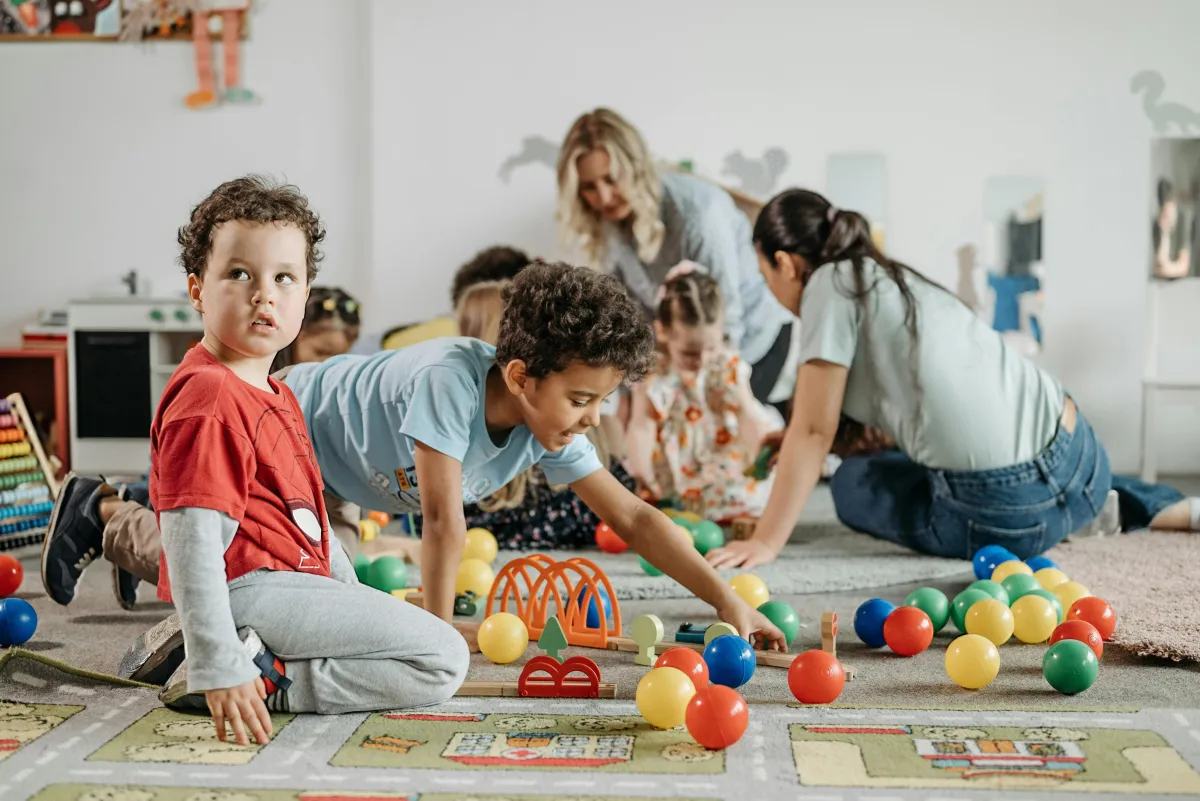
June 17th 11:00-1:00 pm Effective Classroom Management
In this interactive, two-hour session, we’ll unpack what effective classroom management really means in early learning spaces—and why it’s about more than just routines and rules. Management isn’t about control; it’s about connection. When teachers lead with clarity, calm, and intention, children thrive. We’ll explore practical, joy-centered strategies that help create smooth transitions, reduce chaos, and build a daily rhythm that supports every child—and adult—in the room. You’ll walk away with realistic tools that work in real classrooms, whether you’re supporting toddlers or preschoolers. This is about more than keeping the peace—it’s about creating a place you and your kids are excited to return to each day.

June 24th, 6:00-8:00 pm Coaching for Change: Working Through Resistance
Coaching is powerful—but change isn’t always easy. This session equips coaches and leaders with tools to navigate resistance, support adult learners with compassion, and build momentum toward sustainable growth. Grounded in adult learning theory and relational practices, this course empowers coaches to lead through empathy, not force.
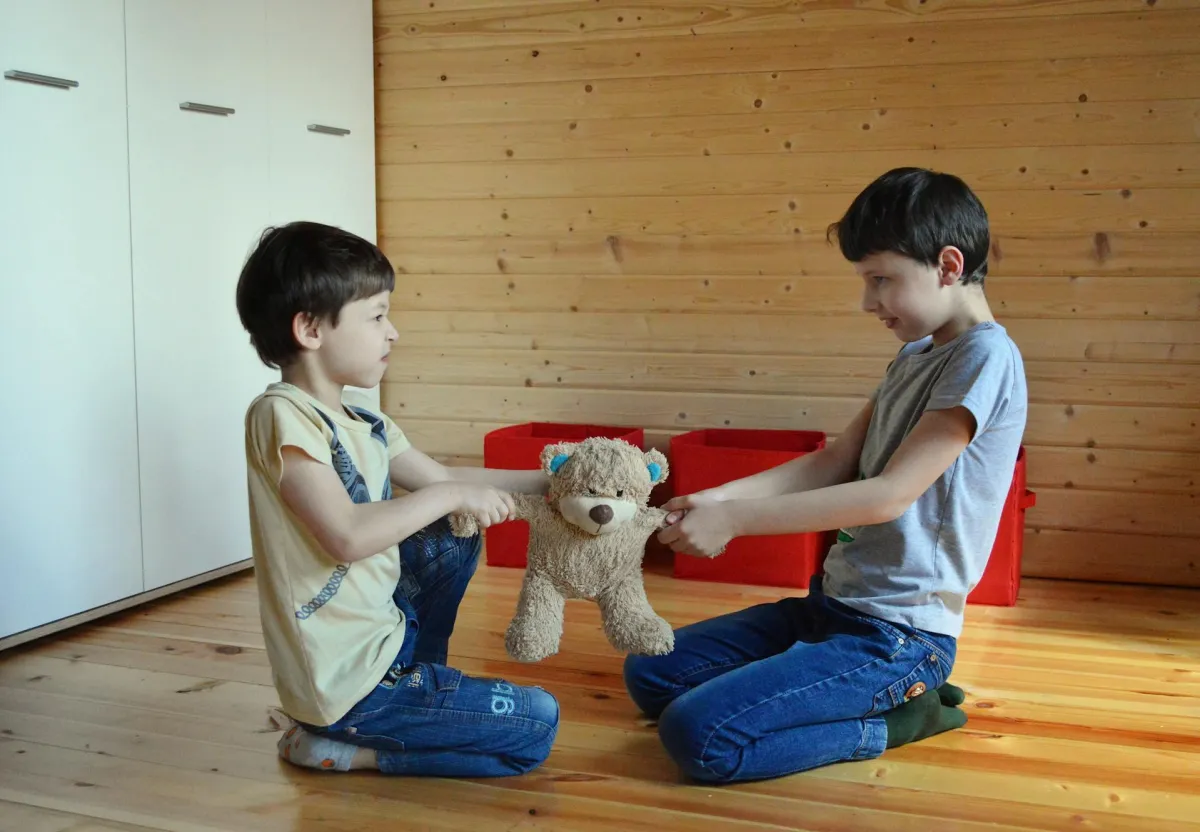
June 26th, 10:00-12:00 pm Understanding Challenging Behaviors
In this session, we’ll reframe the way we think about “challenging behaviors” in early childhood. The truth is—children themselves aren’t challenging. It’s the behavior that challenges us as adults, especially when we feel unprepared or unsupported.
This session invites early educators and leaders to look deeper, reflect honestly, and respond intentionally. You’ll explore how behavior is communication, learn how to regulate yourself before responding to children, and develop proactive strategies to guide behavior with empathy. Together, we’ll move beyond judgment and discover how compassion, curiosity, and connection help shift outcomes—for children and for ourselves.
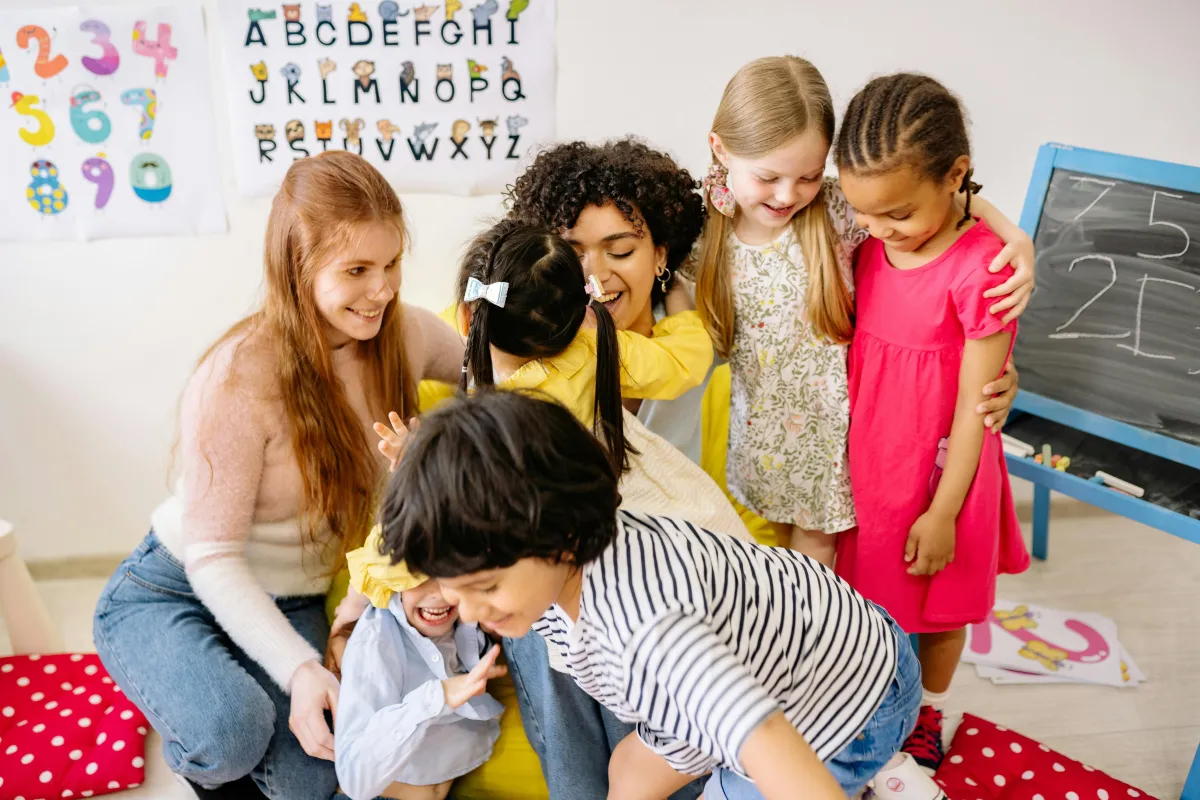
July 3rd, 9:00-11:00 am Emotional Regulation—for the Adults and the Children
In this session, we’ll explore emotional regulation as a shared journey between adults and young children. When big feelings show up in the classroom—and they will—our ability to respond rather than react depends on our own emotional awareness and capacity.
Children aren’t born knowing how to manage their emotions. That’s something they learn through co-regulation—with us. Together, we’ll examine how culture, upbringing, stress, and daily experiences shape emotional responses, and we’ll look at tools that help both adults and children navigate the day with more calm, connection, and clarity.
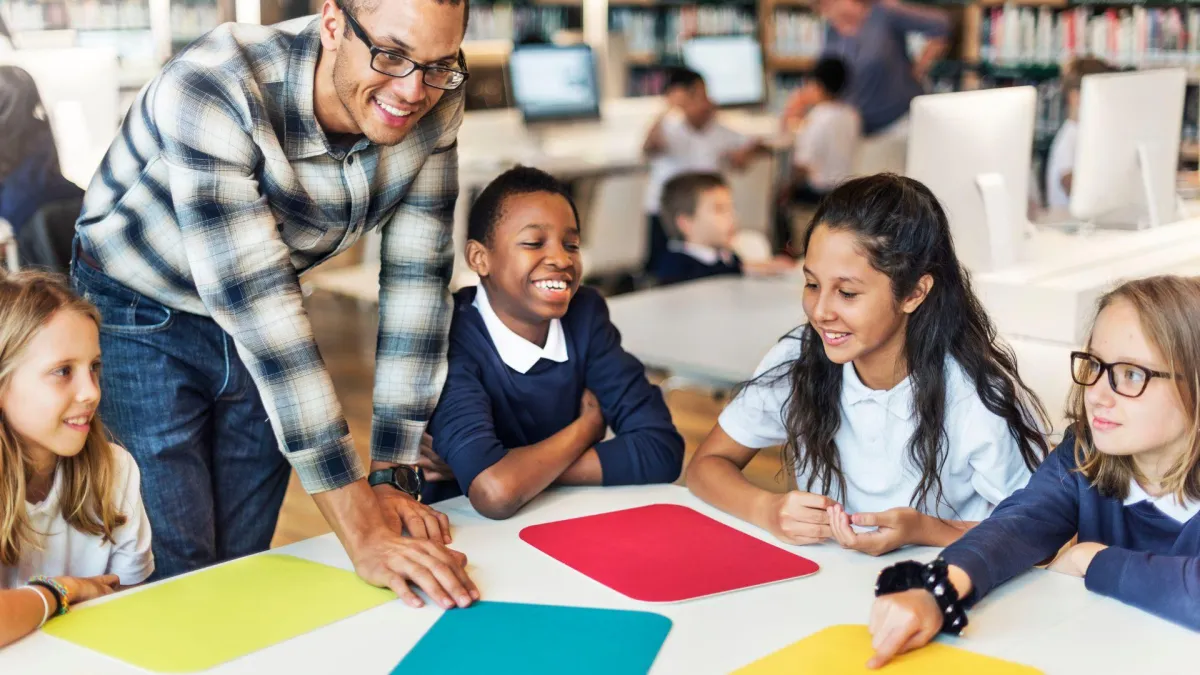
September 3rd, 6:00 pm-8:00 pm Teaching Together: Building Strong Adult Partnerships in ECE
This course unpack what makes or breaks successful teaching partnerships. Teaming is more than dividing up tasks—it’s about shared purpose, clear roles, and open communication. When adults work well together, children benefit from a more peaceful, consistent, and engaging environment. You’ll leave this session with a conversation guide, role reflection tools, and a simple check-in structure to help your team move from coexisting to truly collaborating.
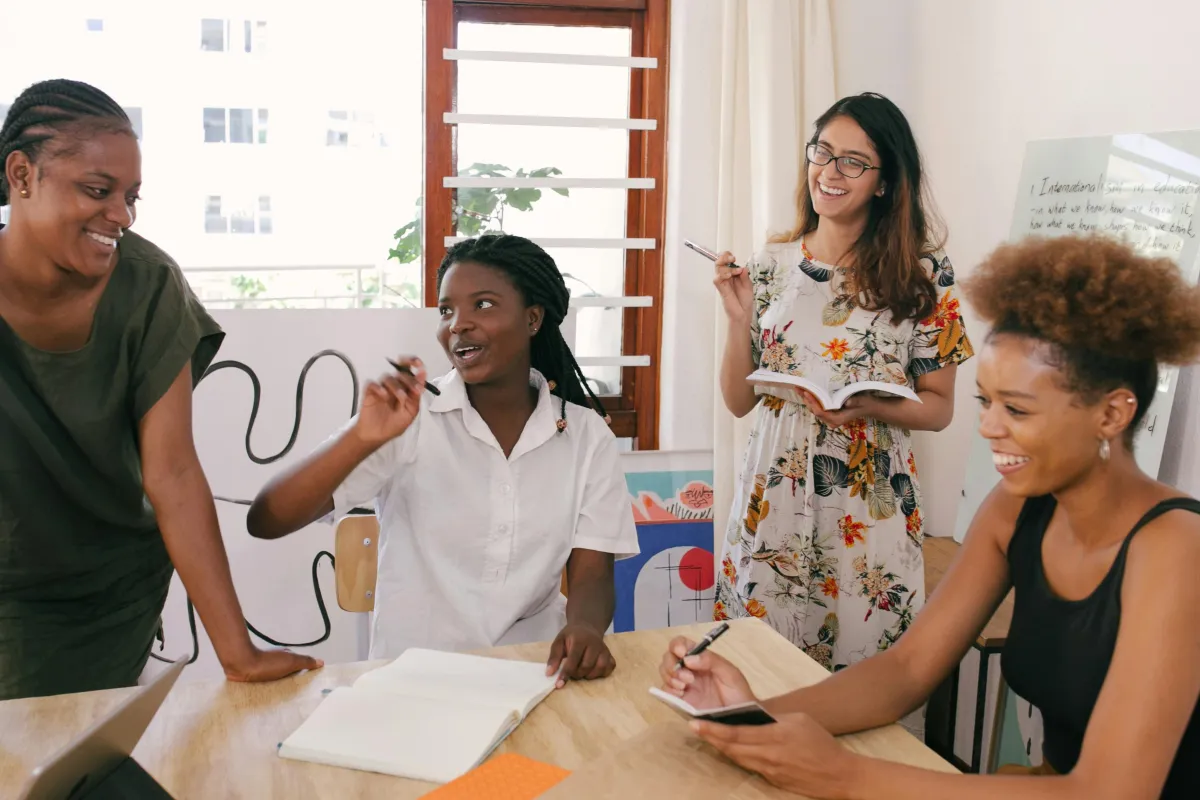
September 9th, 6:00 pm -8:00 pm Building a Thriving Work Culture—Leadership Through Community
A strong classroom community starts with a strong team. In this two-hour session for early learning leaders, we’ll explore how to build a healthy, trust-based workplace culture that helps educators feel seen, heard, and supported.
Pay isn't the only reason teachers leave—it’s how they feel at work. We often focus on creating connection for children but forget that adults need that same sense of belonging and care. In this session, you'll reflect on your current workplace climate, examine how policies and communication shape team culture, and make a plan to create (or rebuild) a workplace community everyone wants to be part of.

September 11th, 1:00 pm -3:00 pm Feedback That Builds: Supporting Staff with Intention and Respect
In this session for early childhood leaders, we’ll explore how to provide effective feedback that strengthens relationships, honors individuality, and supports professional growth. Every staff member brings their full humanity into the classroom, and every interaction we have—whether intentional or not—adds to or takes away from the trust bank. This session helps leaders reflect on how to offer feedback that motivates, connects, and models the same responsive care we ask teachers to extend to children.

September 16th, 10:00 am -12:00 pm From Judgment to Curiosity: Building Relationships with Children and Families
In this session for early childhood leaders, we’ll explore how to provide effective feedback that strengthens relationships, honors individuality, and supports professional growth. Every staff member brings their full humanity into the classroom, and every interaction we have—whether intentional or not—adds to or takes away from the trust bank. This session helps leaders reflect on how to offer feedback that motivates, connects, and models the same responsive care we ask teachers to extend to children.
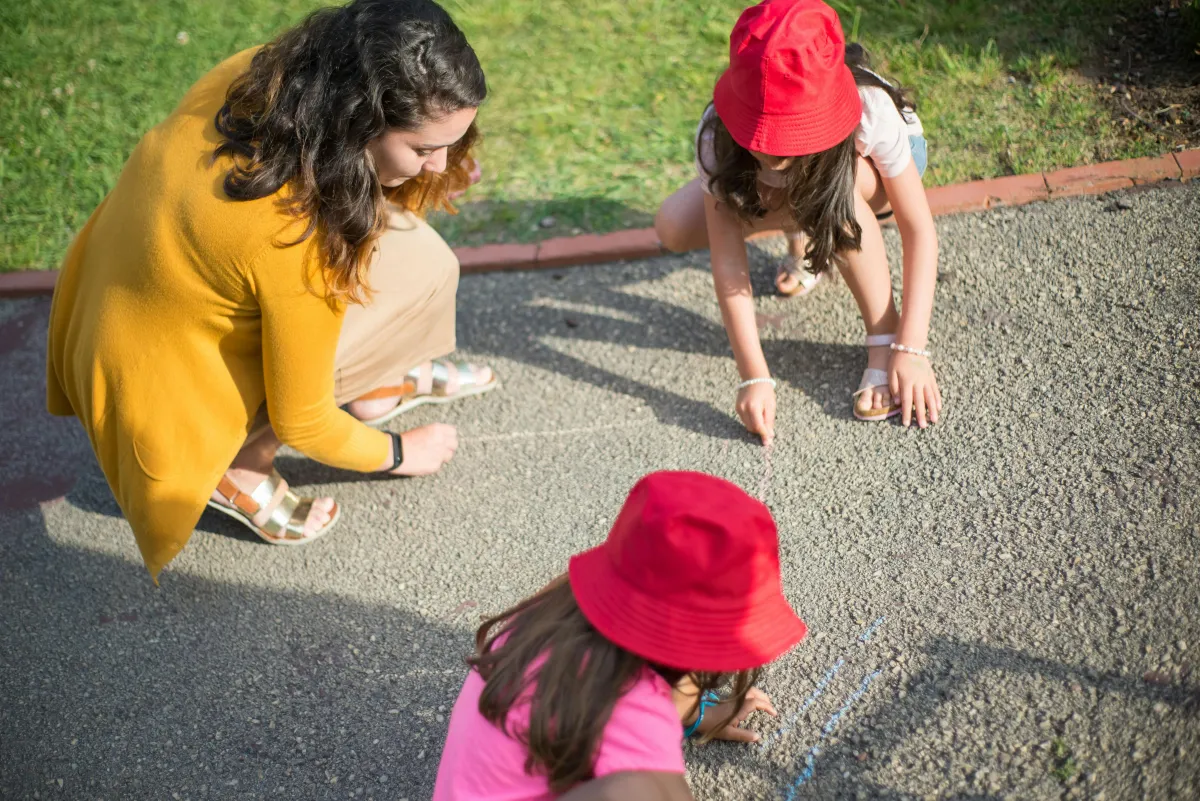
September 23rd, 6:00 pm -8:00 pm Inclusion in Action: Supporting Children with Disabilities in Early Learning
Disabilities don’t look the same from child to child—and they shouldn’t be treated as a one-size-fits-all experience. In this two-hour session, we’ll build understanding around common disabilities (including autism, Down syndrome, ADHD, and more) and focus on inclusive practices that honor the unique strengths of each child.
You’ll also gain clarity on your role in the support team, including how to participate in IFSP and IEP meetings, how to partner with specialists, and how to ask for the support you need. This course is grounded in relationship, collaboration, and continuous learning.

September 25th, 1:00 pm -3:00 pm Taking Care of You So You Can Take Care of Others
In this session, we’ll focus on something often talked about but rarely prioritized in early childhood education—our own well-being. As teachers and leaders, we’re expected to pour into others daily, but that’s nearly impossible when our own emotional, physical, and mental cups are empty. Well-being is not a luxury—it’s a necessity for showing up fully, connecting meaningfully, and sustaining our work without burning out.
Together, we’ll explore the eight dimensions of well-being using tools like the Wheel of Life and reflect on how life stress, if unaddressed, carries over into our classrooms, meetings, and homes. We’ll also identify realistic, manageable ways to care for ourselves, starting with what’s in our control. This isn’t about perfection—it’s about small shifts that protect our joy and strengthen our relationships with others.

